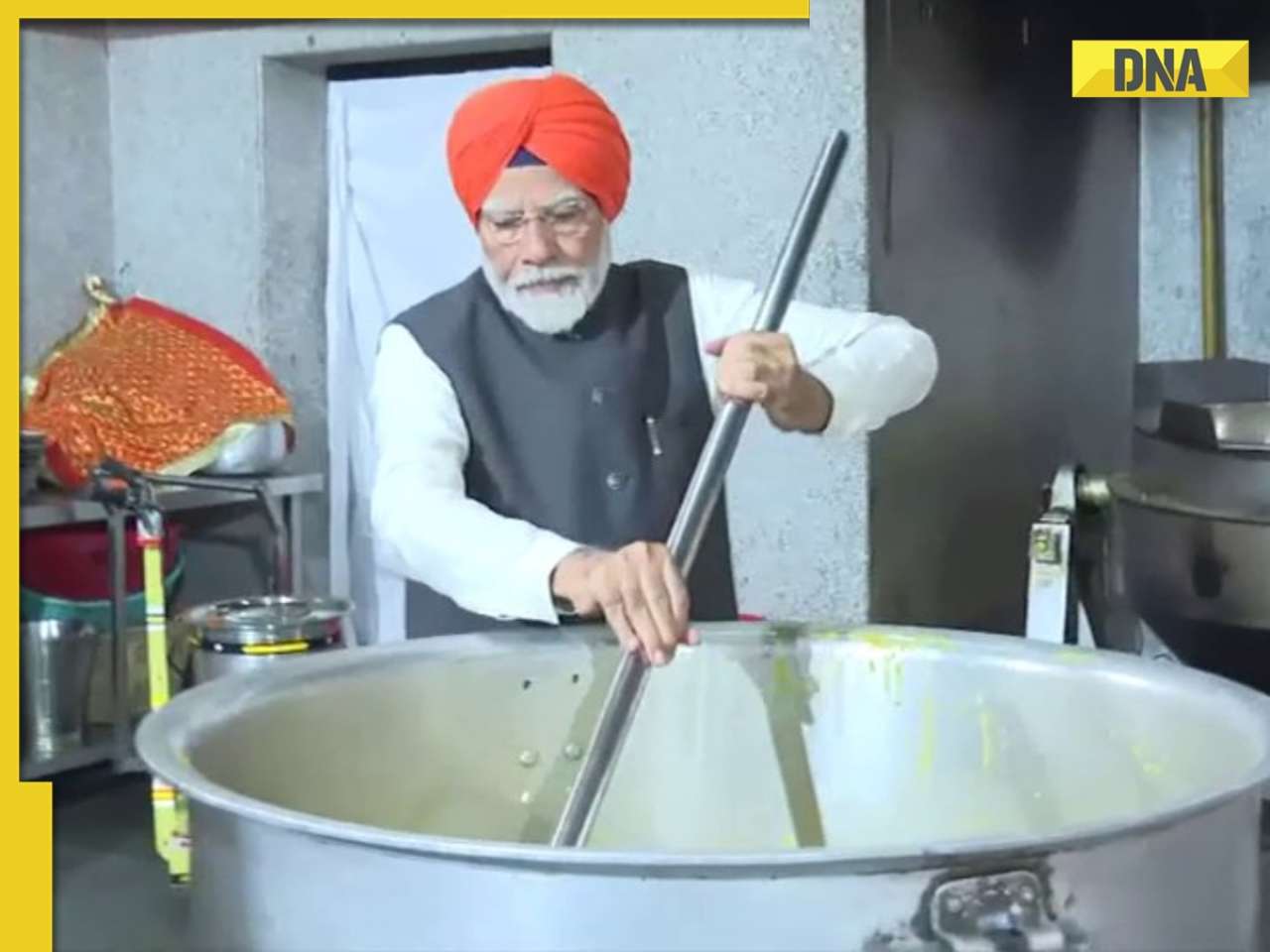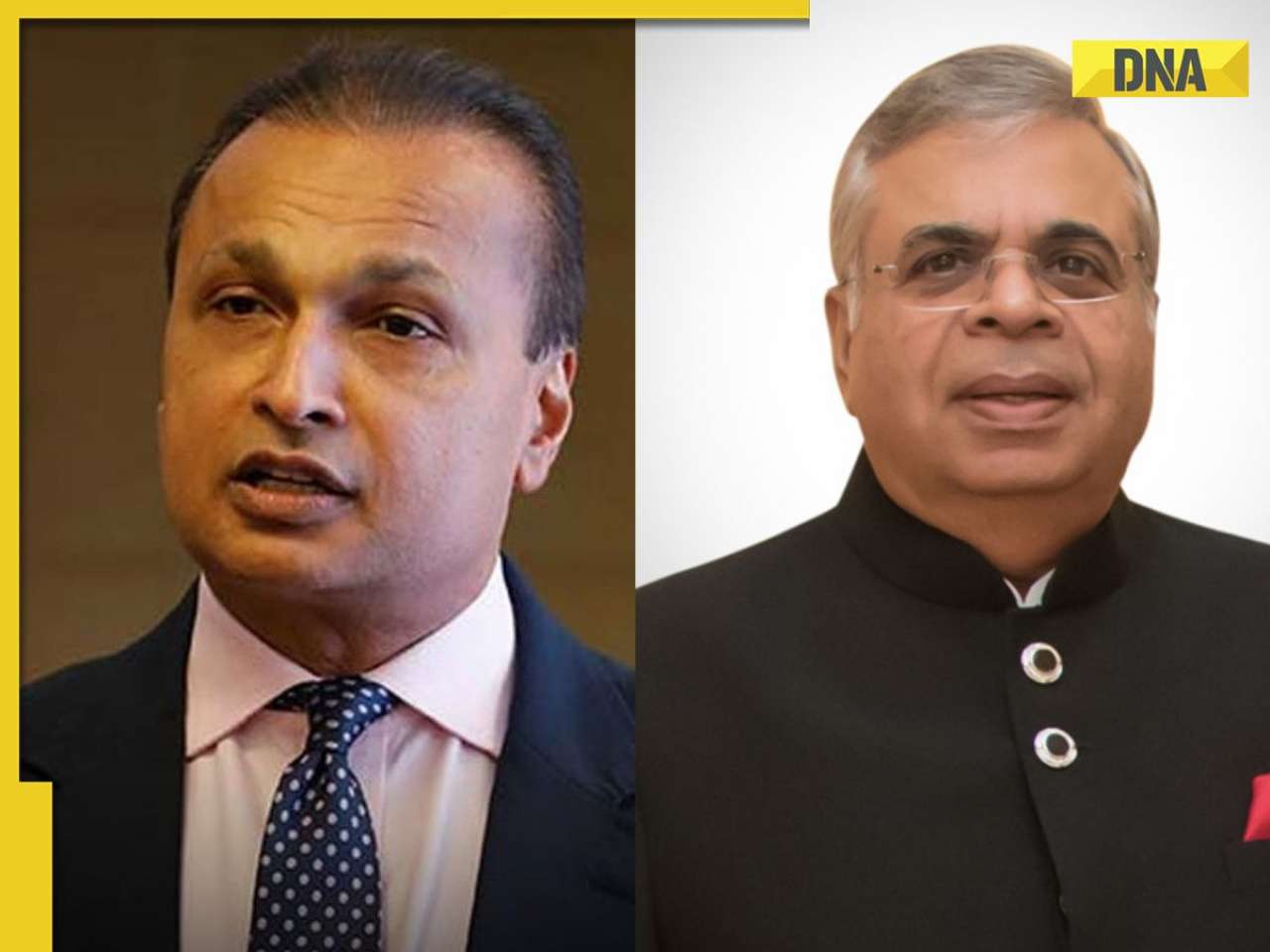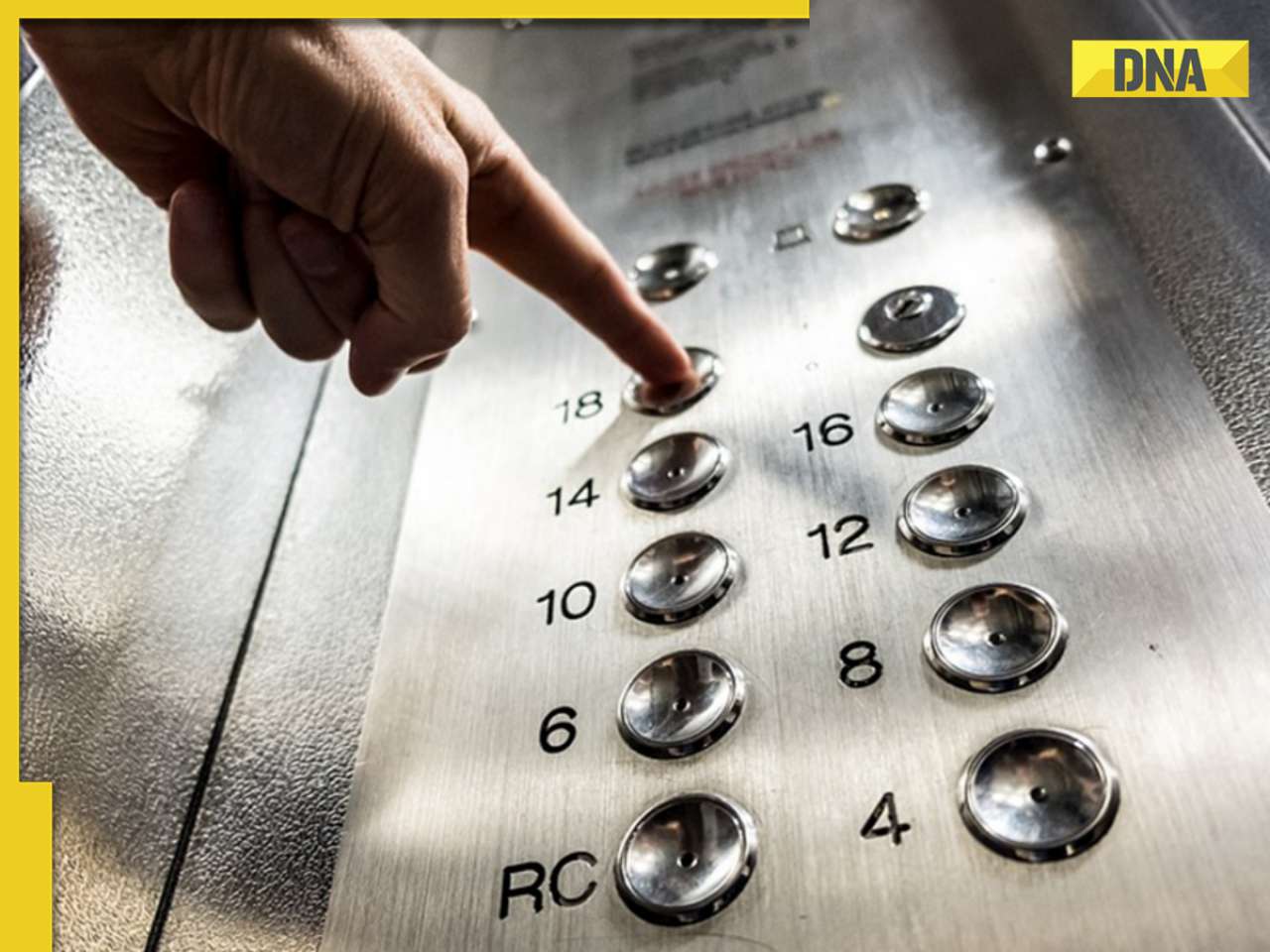Democrat Hillary Clinton has won the Nevada caucuses, defeating her main rival Barack Obama as Republican John McCain posted a significant victory in the South Carolina primary.
WASHINGTON: Democrat Hillary Clinton has won the Nevada caucuses, defeating her main rival Barack Obama as Republican John McCain posted a significant victory in the South Carolina primary in the long drawn out process of the two parties selecting their candidates for the US presidential race.
With 98 percent of caucus sites reporting in Nevada, Senator Clinton on Saturday led the Democratic vote with 51 percent, doing well among women and Hispanics. Fellow Senator Obama secured 45 percent. John Edwards, former North Carolina senator, was a distant third with four percent.
The response of Hispanic voters in the state was closely watched ahead of the upcoming contests in California, New York and New Jersey, which too have large Hispanic populations.
Obama won about 80 percent of the black votes. He had pinned his Nevada hopes on support from the 60,000-member culinary union. But that turnout was lighter than expected at nine caucuses established along the Las Vegas strip.
Nevada again showed that the Democratic contest is turning into a protracted battle between Clinton and Obama, with the former having an edge. Earlier she had won New Hampshire, where Obama was seen as favourite after taking Iowa.
Nevada drew record turnout among Democratic caucusgoers, a reflection of the intensity of the race. Though Clinton polled more votes, the delegate count under the rules of the caucuses appeared to favour Obama because of his support from a wide swathe of the state, giving him 13 delegates compared to 12 for Clinton.
Overall, Clinton leads the delegate race with 236, including separately chosen party and elected officials known as superdelegates. Obama has a total of 136, and Edwards 50.
No single state's vote is going to end the race or give any candidate all that much momentum. In the Democratic race, a candidate needs about 2,000 delegates to secure the nomination; and on the Republican side, a candidate will need about 1,200 delegates to lock up the nomination.
In South Carolina primary, Senator McCain of Arizona got 33 percent of Republican vote in a keenly contested conservative state. He is seen as slowing the rise of Mike Huckabee, Arkansas senator who has strong appeal to southern and Christian voters and was a surprise victor in Iowa.
Huckabee didn't do too badly in South Carolina, securing 30 percent vote. Former senator Fred Thompson was a distant third at 16 percent, and Mitt Romney, former Massachusetts governor, got 15 percent, with 97 percent results reported.
With talk of recession and plummeting employment rates, voters in South Carolina named the economy as No 1 issue. McCain was favoured, as he had called for cuts on expenditure, not on taxes, expressing reservations about President George Bush's proposed economic stimulus package. Voters too cited McCain's long political experience as a positive factor.
McCain had won the New Hampshire primary earlier, making it two in his kitty. Romney had won in Michigan.
Romney was victorious in the Republican caucuses in Nevada the same day. With all caucuses reporting their results, he polled 51 per cent, Ron Paul, considered a liberal, was at 14 percent and McCain 13 percent, with Huckabee trailing at 8 percent.
Romney was the only top-tier Republican candidate to campaign this week in Nevada. Paul, the only GOP candidate to air TV ads.
Romney's Mormon faith helped because one-quarter of the Republican caucus electorate in the state was Mormon.
Romney won at least 14 delegates in Nevada's caucuses, extending his lead in the race for delegates. He has 56 overall delegates followed by Huckabee with 32 and McCain with 13.
For the Republicans, Florida polls Jan 29 will be watched, where former New York mayor Rudy Giuliani, who has lagged fifth and sixth in the contests so far, is placing all his hopes and money.
Democratic voters in South Carolina will next chose their preferred presidential candidate Jan 26, where the scramble for the large black vote has been intense between Clinton and Obama. Edwards, a son of the South, could also give them a run for their money.
With more than 20 states lined up on Feb. 5, over 40 percent of each party's delegates will be chosen on this date. Among these states are California and New York wtih most delegates at stake.
The state contests elect delegates to the national conventions later this year. Democrats are to gather in August in Denver, Colorado, while Republicans will gather in St Paul, Minnesota.
The presidential elections are scheduled for Nov 4.
![submenu-img]() Ramesh Awasthi: Kanpur's 'Karma Yogi' - Know inspirational journey of 'common man' devoted for society
Ramesh Awasthi: Kanpur's 'Karma Yogi' - Know inspirational journey of 'common man' devoted for society![submenu-img]() Tovino Thomas accused of stopping his film Vazhakku's release by director Sanal Kumar Sasidharan: 'The agenda of...'
Tovino Thomas accused of stopping his film Vazhakku's release by director Sanal Kumar Sasidharan: 'The agenda of...'![submenu-img]() PM Modi wears turban, serves langar at Gurudwara Patna Sahib in Bihar, watch
PM Modi wears turban, serves langar at Gurudwara Patna Sahib in Bihar, watch![submenu-img]() Anil Ambani’s debt-ridden Reliance’s ‘buyer’ now waits for RBI nod, wants Rs 80000000000…
Anil Ambani’s debt-ridden Reliance’s ‘buyer’ now waits for RBI nod, wants Rs 80000000000…![submenu-img]() Man in bizarre jeans dances to Tinku Jiya in crowded metro, viral video makes internet furious
Man in bizarre jeans dances to Tinku Jiya in crowded metro, viral video makes internet furious![submenu-img]() Maharashtra Board HSC, SSC Results 2024: MSBSHSE class 10, 12 results soon at mahresult.nic.in, latest update here
Maharashtra Board HSC, SSC Results 2024: MSBSHSE class 10, 12 results soon at mahresult.nic.in, latest update here![submenu-img]() Meet IIT-JEE topper who passed JEE Advanced with AIR 1, decided to drop out of IIT due to…
Meet IIT-JEE topper who passed JEE Advanced with AIR 1, decided to drop out of IIT due to…![submenu-img]() Meet IPS Idashisha Nongrang, who became Meghalaya's first woman DGP
Meet IPS Idashisha Nongrang, who became Meghalaya's first woman DGP![submenu-img]() CBSE Results 2024: CBSE Class 10, 12 results date awaited, check latest update here
CBSE Results 2024: CBSE Class 10, 12 results date awaited, check latest update here![submenu-img]() Meet man, who was denied admission in IIT due to blindness, inspiration behind Rajkummar Rao’s film, now owns...
Meet man, who was denied admission in IIT due to blindness, inspiration behind Rajkummar Rao’s film, now owns...![submenu-img]() DNA Verified: Is CAA an anti-Muslim law? Centre terms news report as 'misleading'
DNA Verified: Is CAA an anti-Muslim law? Centre terms news report as 'misleading'![submenu-img]() DNA Verified: Lok Sabha Elections 2024 to be held on April 19? Know truth behind viral message
DNA Verified: Lok Sabha Elections 2024 to be held on April 19? Know truth behind viral message![submenu-img]() DNA Verified: Modi govt giving students free laptops under 'One Student One Laptop' scheme? Know truth here
DNA Verified: Modi govt giving students free laptops under 'One Student One Laptop' scheme? Know truth here![submenu-img]() DNA Verified: Shah Rukh Khan denies reports of his role in release of India's naval officers from Qatar
DNA Verified: Shah Rukh Khan denies reports of his role in release of India's naval officers from Qatar![submenu-img]() DNA Verified: Is govt providing Rs 1.6 lakh benefit to girls under PM Ladli Laxmi Yojana? Know truth
DNA Verified: Is govt providing Rs 1.6 lakh benefit to girls under PM Ladli Laxmi Yojana? Know truth![submenu-img]() Remember Harsh Lunia? Just Mohabbat child star, here's how former actor looks now, his wife is Bollywood's popular...
Remember Harsh Lunia? Just Mohabbat child star, here's how former actor looks now, his wife is Bollywood's popular...![submenu-img]() Mother's Day 2024: Bollywood supermoms who balance motherhood, acting, and run multi-crore businesses
Mother's Day 2024: Bollywood supermoms who balance motherhood, acting, and run multi-crore businesses![submenu-img]() Rocky Aur Rani's Golu aka Anjali Anand shocks fans with drastic weight loss without gym, says fitness secret is...
Rocky Aur Rani's Golu aka Anjali Anand shocks fans with drastic weight loss without gym, says fitness secret is...![submenu-img]() In pics: Ram Charan gets mobbed by fans during his visit to Pithapuram for ‘indirect campaign’ for uncle Pawan Kalyan
In pics: Ram Charan gets mobbed by fans during his visit to Pithapuram for ‘indirect campaign’ for uncle Pawan Kalyan![submenu-img]() Streaming This Week: Yodha, Aavesham, Murder In Mahim, Undekhi season 3, latest OTT releases to binge-watch
Streaming This Week: Yodha, Aavesham, Murder In Mahim, Undekhi season 3, latest OTT releases to binge-watch![submenu-img]() Haryana Political Crisis: Will 3 independent MLAs support withdrawal impact the present Nayab Saini led-BJP government?
Haryana Political Crisis: Will 3 independent MLAs support withdrawal impact the present Nayab Saini led-BJP government?![submenu-img]() DNA Explainer: Why Harvey Weinstein's rape conviction was overturned, will beleaguered Hollywood mogul get out of jail?
DNA Explainer: Why Harvey Weinstein's rape conviction was overturned, will beleaguered Hollywood mogul get out of jail?![submenu-img]() What is inheritance tax?
What is inheritance tax?![submenu-img]() DNA Explainer: What is cloud seeding which is blamed for wreaking havoc in Dubai?
DNA Explainer: What is cloud seeding which is blamed for wreaking havoc in Dubai?![submenu-img]() DNA Explainer: What is Israel's Arrow-3 defence system used to intercept Iran's missile attack?
DNA Explainer: What is Israel's Arrow-3 defence system used to intercept Iran's missile attack?![submenu-img]() Tovino Thomas accused of stopping his film Vazhakku's release by director Sanal Kumar Sasidharan: 'The agenda of...'
Tovino Thomas accused of stopping his film Vazhakku's release by director Sanal Kumar Sasidharan: 'The agenda of...'![submenu-img]() Ratna Pathak Shah calls Guru Dutt and Bimal Roy's films 'offensive', says, 'women are constantly...'
Ratna Pathak Shah calls Guru Dutt and Bimal Roy's films 'offensive', says, 'women are constantly...'![submenu-img]() Shreyas Talpade recalls how he felt bad when his film Kaun Pravin Tambe did not release in theatres: 'It deserved...'
Shreyas Talpade recalls how he felt bad when his film Kaun Pravin Tambe did not release in theatres: 'It deserved...'![submenu-img]() Anup Soni slams his deepfake video from Crime Patrol, being used to promote IPL betting
Anup Soni slams his deepfake video from Crime Patrol, being used to promote IPL betting![submenu-img]() Real story that inspired Heeramandi: The tawaif who helped Gandhi fight British Raj, was raped, abused, died in...
Real story that inspired Heeramandi: The tawaif who helped Gandhi fight British Raj, was raped, abused, died in...![submenu-img]() Man in bizarre jeans dances to Tinku Jiya in crowded metro, viral video makes internet furious
Man in bizarre jeans dances to Tinku Jiya in crowded metro, viral video makes internet furious![submenu-img]() Lift collides with roof in Noida society after brakes fail, 3 injured
Lift collides with roof in Noida society after brakes fail, 3 injured![submenu-img]() Zomato CEO Deepinder Goyal invites employees' moms to office for Mother's Day celebration, watch
Zomato CEO Deepinder Goyal invites employees' moms to office for Mother's Day celebration, watch![submenu-img]() This clip of kind woman feeding rotis to stray cows will bring tears of joy to your eyes, watch
This clip of kind woman feeding rotis to stray cows will bring tears of joy to your eyes, watch![submenu-img]() Viral video: Seagull swallows squirrel whole in single go, internet is stunned
Viral video: Seagull swallows squirrel whole in single go, internet is stunned

























































)
)
)
)
)
)